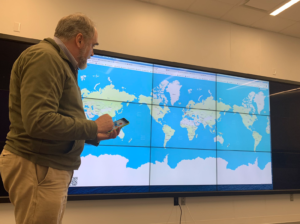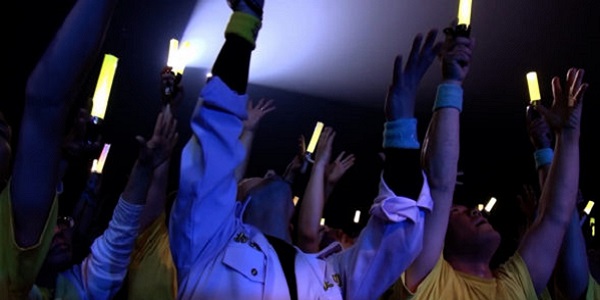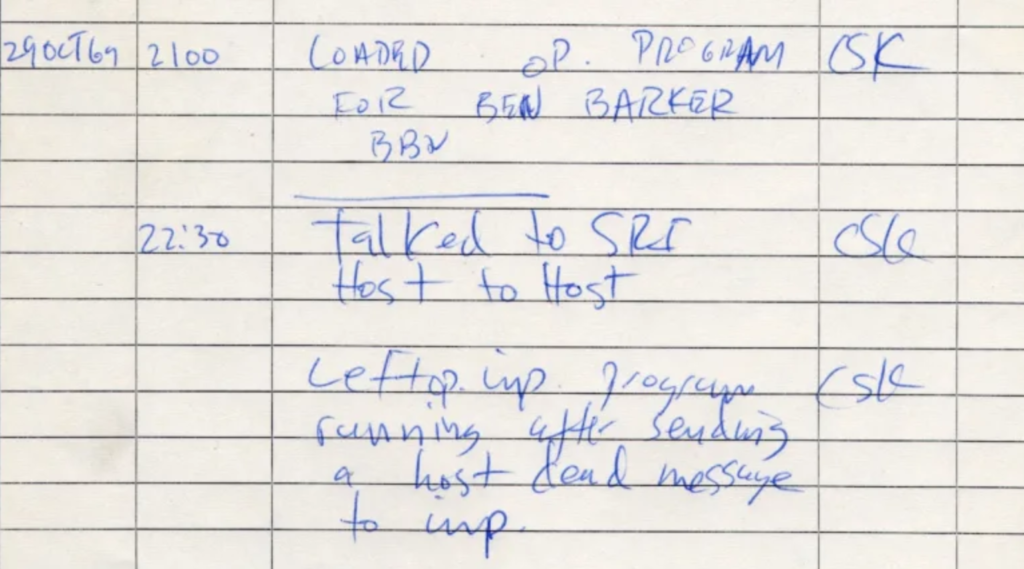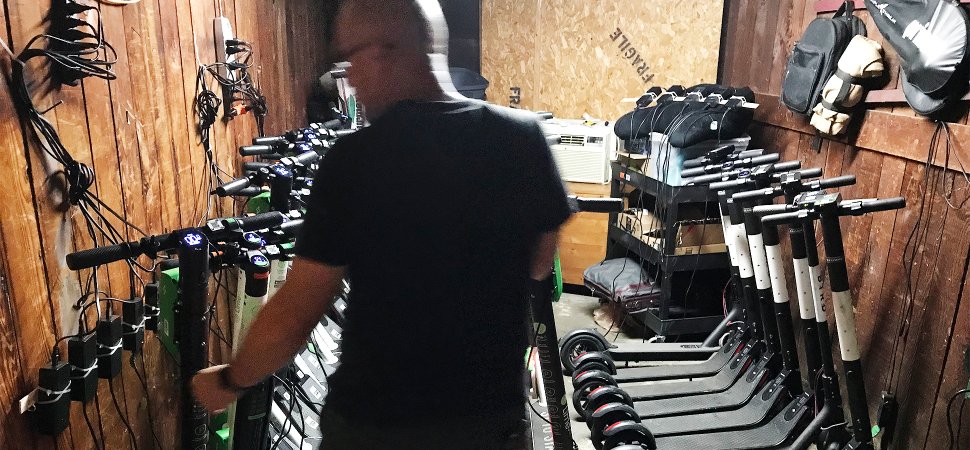A pandemic offers a great way to examine American class inequities.
There have been a couple of important stories about the quarantine as symbolic of our emerging class structure. The New York Times has an opinion by Charlie Warzen on When Coronavirus Quarantine Is Class Warfare(March 6th, 2020).
That pleasantness is heavily underwritten by a “vast digital underclass.” Many services that allow you to stay at home work only when others have to be out in the world on your behalf.
The quarantine shows how many services we have available for those who do intellectual work that can be done online. It is as if we were planning to be quarantined for years. The quarantine shows how one class can isolate themselves, but at the expense of a different class that handles all the inconveniences of material stuff and physical encounters of living. We have the permanent jobs with benefits. They deal with delivering food and trash. We can isolate ourselves from diseases, they have to risk disease to work. The gig economy has expanded the class of precarious workers that support the rest of us.
Continue reading When Coronavirus Quarantine Is Class Warfare




